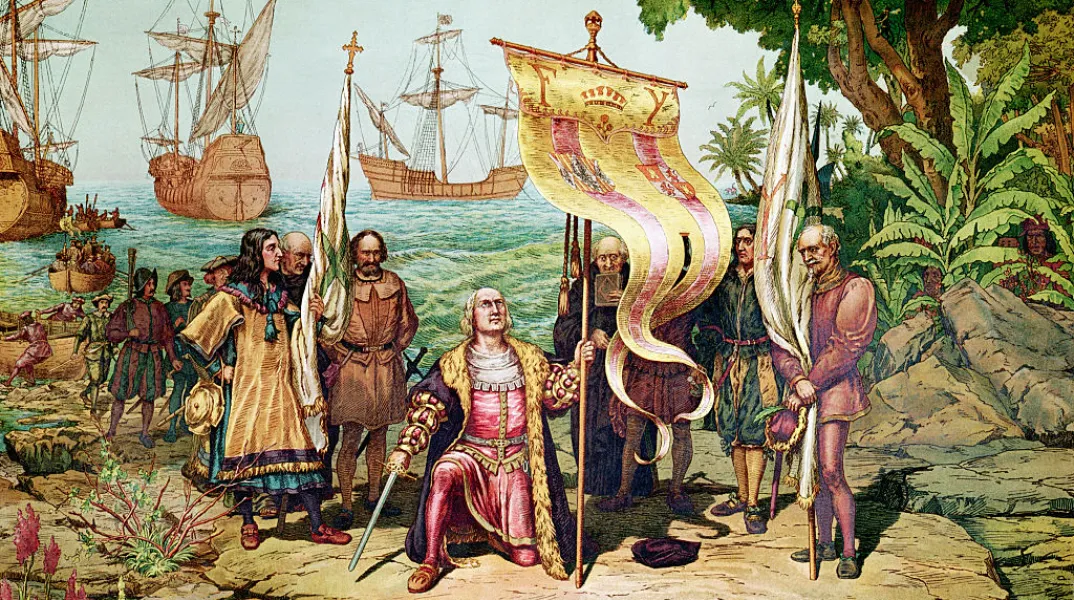Spanish scientists will unveil a centuries-old mystery surrounding Christopher Columbus’s origins on Saturday. Using advanced DNA analysis techniques, researchers have determined the explorer’s parentage.
The debate over Columbus’s birthplace and final resting place has spanned centuries, with numerous countries claiming him as their own. While the traditional theory posits that he was from Genoa, Italy, other theories suggest Spanish, Greek, Basque, or Portuguese origins.
Led by forensic pathologist Miguel Llorente, researchers examined tiny samples from the remains buried in Seville Cathedral, widely believed to be Columbus’s final resting place. These samples were compared to DNA from his known relatives and descendants, and the findings will be revealed in a documentary titled “Columbus’s DNA: The True Ancestry,” airing on Saturday on Spanish public broadcaster TVE.
Llorente confirmed that the theory that the Seville remains belong to Columbus has been validated, but he did not disclose the specific findings. He emphasized that DNA analysis is highly reliable despite the challenges of vast amounts of data.
Columbus died in Valladolid, Spain, in 1506 and expressed a desire to be buried on the island of Hispaniola. His remains were moved several times, eventually ending in Seville, Spain, in 1898. However, the discovery of a lead casket containing bones believed to be Columbus’s in the Dominican Republic in 1877 has complicated the matter. Llorente suggests that both sets of remains could be valid, as neither is complete.

